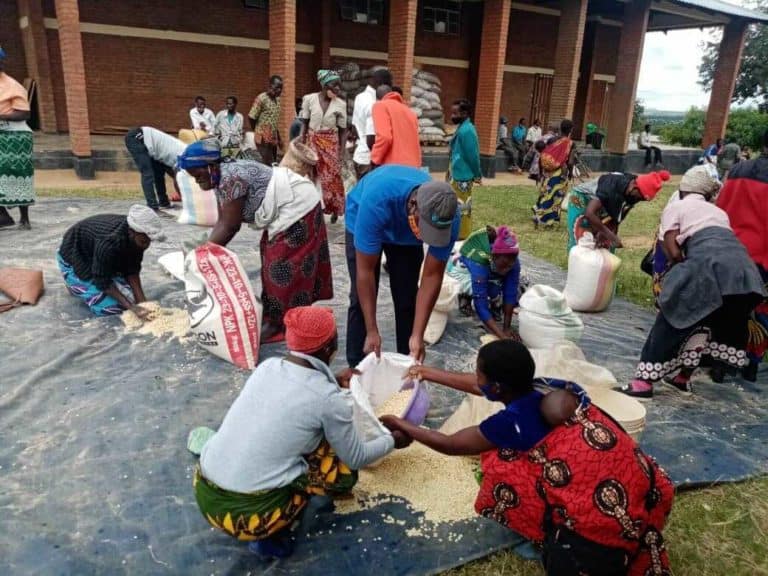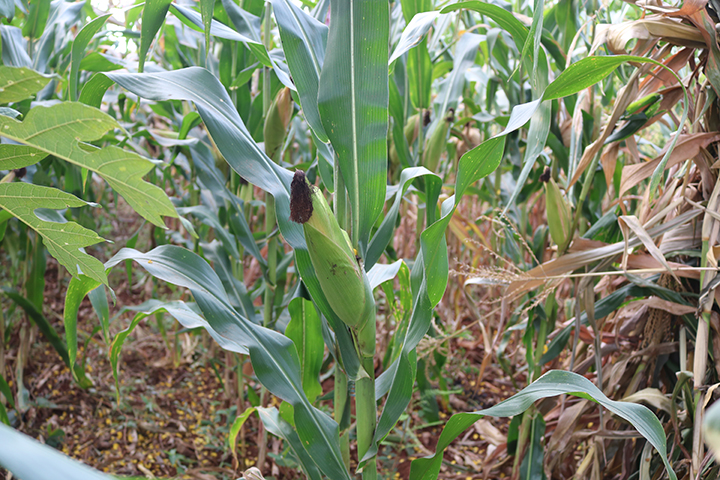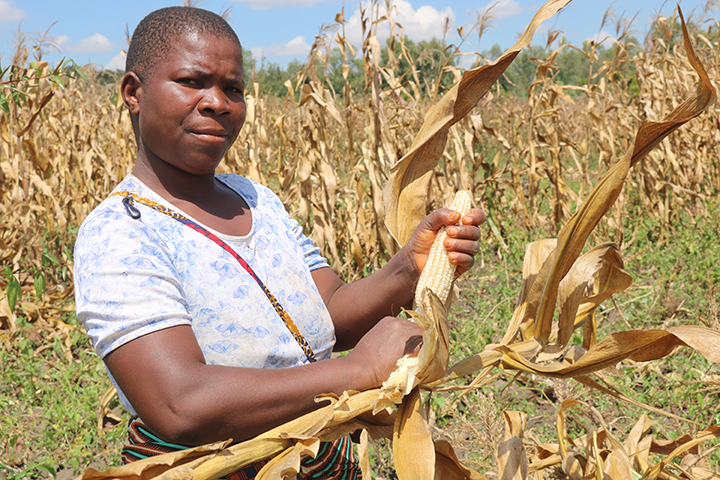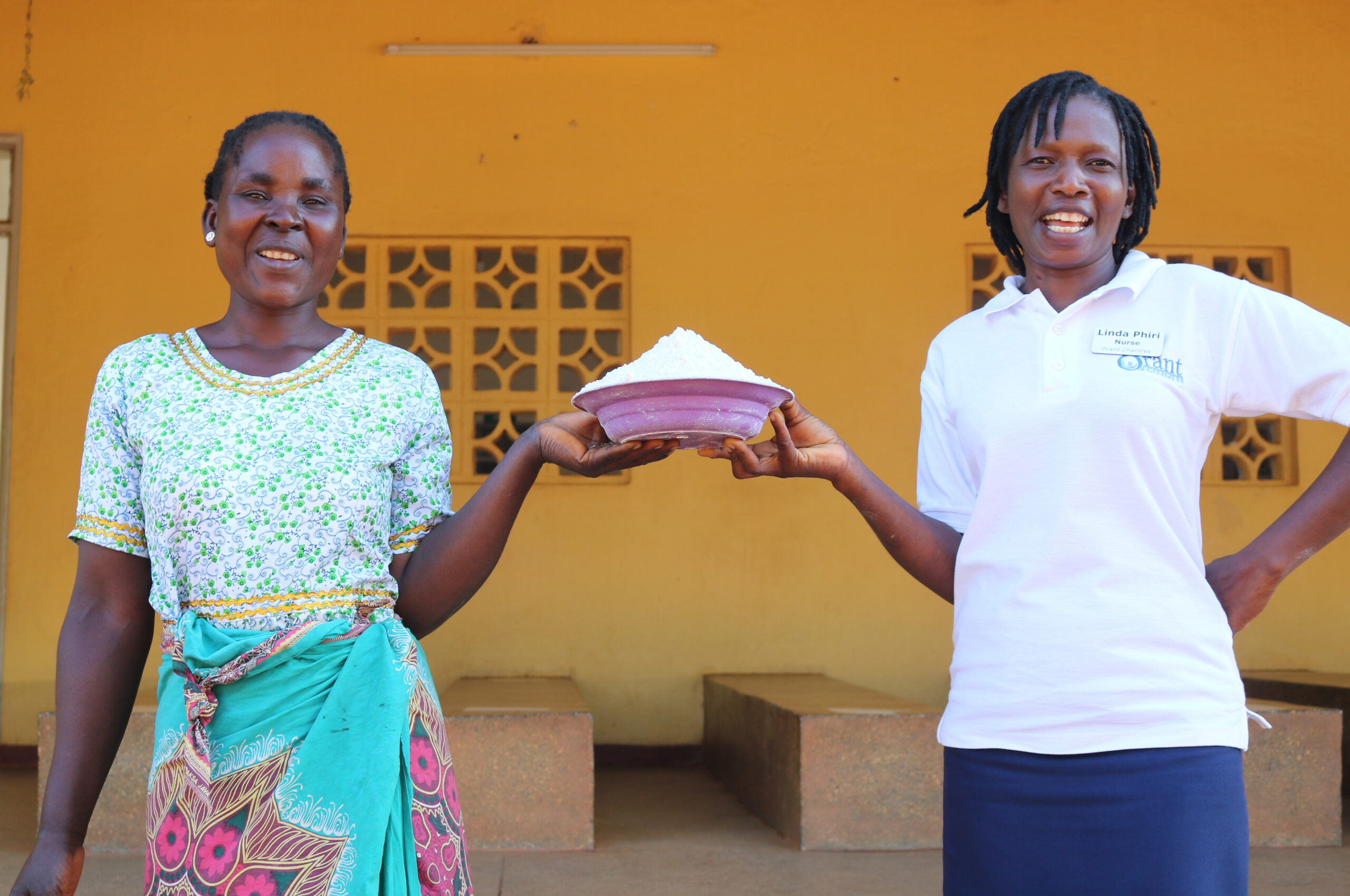Maize Distribution in Malawi
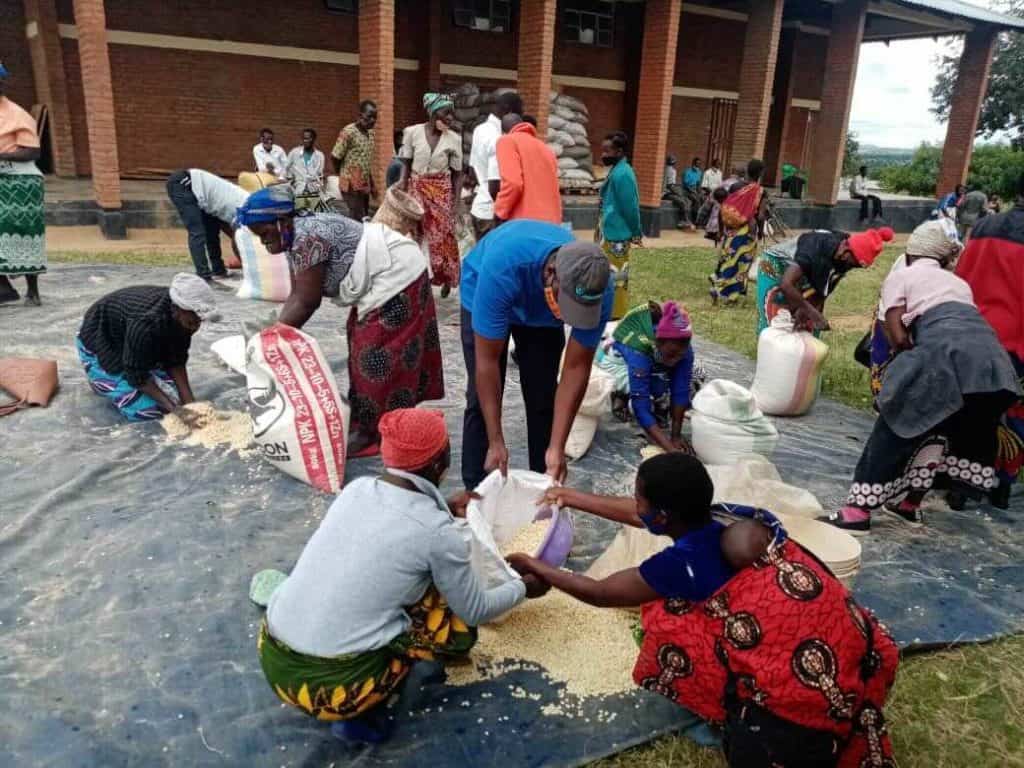
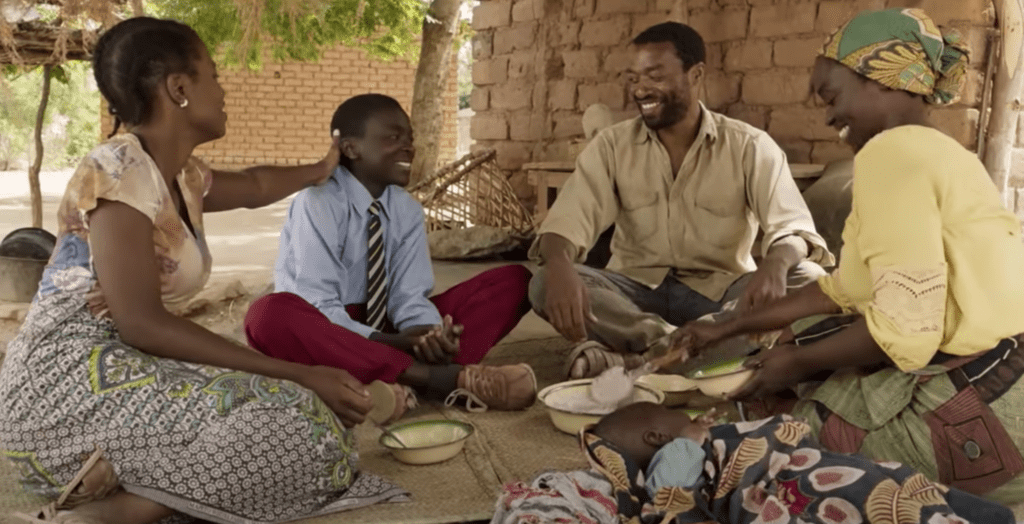
Njala : Hunger
In the film, The Boy Who Harnessed the Wind, a rural Malawian family fights to survive a long hungry season. Trywell, the father, is a farmer. Growing up, his friends poked fun at him for being “the most honest man in all of Dowa market.” They laughed at him, “What good can come from an honest businessman?”
Trywell and his wife Agnes have three children. Theirs is a family united in love, loyalty, and willpower through hardship. As farmers, the weather affects their livelihood. Floods ruin their ability to grow crops. This creates a palpable stress. When the family collects their harvest for the season, their faces fall.
“Is this all there is?” asks Agnes.
“It’s not even five bags,” her daughter says.
“Sixty days,” Agnes estimates. She stares hard at the small pile of maize. “With a year till next harvest. It’s not enough.”
“We have savings,” Trywell tries to console.
Agnes shakes her head, “It’s not enough.” She holds her chin high but swallows back tears.
Hunger takes a physical and psychological toll on the family. Trywell warns his son, “If you give any food to that dog, I’ll break your neck.”
The family is raided by starving men who steal their entire stock of food. The market quadruples the price of grain. By sheer luck and finesse, the family is able to buy a bag of limited grain from the government at an affordable price. But they must compete with a mob of hungry, desperate neighbors to do so. When they count their final stock, they have only enough for one meal a day. They discuss which meal they will choose. Upset, their daughter stands and leaves the house. She is afraid, angry, and crying. Agnes chases after her.
“There’s no food!” the daughter yells.
Her mother’s voice is loud. “You think I will let you starve?” she cries, “When I cut off my own arm to feed you, you will know you are my child.”
The Boy Who Harnessed the Wind is based on a true story. The story represents the real lives of many families. One in three households in Malawi fails to meet their daily per capita caloric requirement. Hunger affects the brain, body, and spirit. It affects farmers’ ability to work, mothers’ ability to produce milk, and children’s ability to learn. Chronic food insecurity is a significant challenge.
November to March is hunger season in Malawi. Some years are worse than others, depending on droughts and floods, conditions that affect the land’s ability to grow crops. Regardless, every year the season of njala, hunger, is expected. Now, it has been a year since the last harvest and people do not have enough to feed their families.
Orant has prepared for this season of scarcity. Our Agriculture Program saved 36,000 kg of maize in storage. Then, we shared the wealth. We targeted and verified those most in need of relief food. At the end of February, we distributed maize to almost 1500 families in the Kasungu and Dowa Districts of Malawi. We hope that these efforts will make a tangible difference in the lives of many. We feel it is our duty as humans to protect our neighbors who are most in need. No one deserves to starve.
